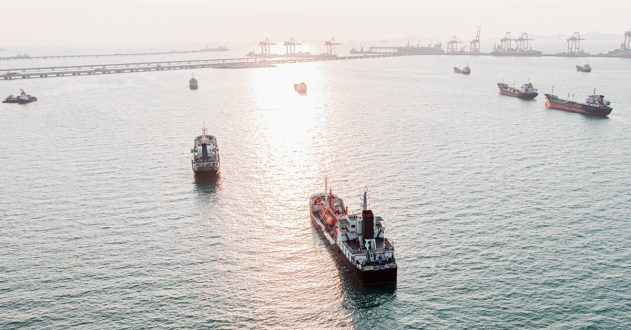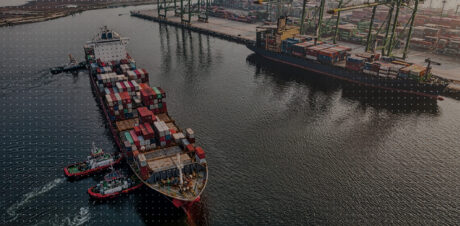Last July, British Royal Marines and Gibraltar authorities seized the Grace I, a Panama-flagged oil tanker carrying 2.1 million barrels of crude oil. They suspected the vessel of shipping Iranian oil to Syria in contravention of European Union sanctions.
There was no question that Iran’s Islamic Revolutionary Guards Corps (IRGC) ultimately controlled both the Grace I and its cargo. IRGC Deputy Commander Rear Admiral Ali Fadavi confirmed this publicly after the seizure. But Iran denied the oil was headed for Syria.
The Grace I’s detention kicked off a six-week stand-off between Iran and the West that highlighted the scope of sanctions evasion in global shipping and the challenges of enforcement.
One of those challenges is determining the parties responsible for the illicit activity. Who actually owned the Grace I? We can’t expect to find “IRGC” written on ownership papers. Who was responsible for planning and executing this shipment of oil, and what were their ties to Iran? No one seemed to know.
Sanctions Evasion in the Shipping Industry
Bad actors have long taken advantage of the complexity of the global shipping industry to mask their identities and avoid sanctions.
This was one of the key points in official guidance issued by U.S. authorities this month on how to combat illicit shipping and sanctions evasion. The guidance called out the use of “complex business structures, including those involving shell companies and/or multiple levels of ownership and management” and “a pattern of changes in the ownership or management of companies.”
In other words, unduly obscure ownership should raise red flags. If you can’t identify the parties behind a shipment, you may be dealing with something sanctionable or otherwise illicit.
Enhanced due diligence is the only way to mitigate that risk. Look behind the shell companies, trace ownership and control through multiple levels, uncover their history and connections. The case of the Grace I shows not only how this is possible, but why it’s so important.
Who Owned the Grace I?
In the immediate aftermath of the seizure, no one seemed sure who owned the Grace I.
The European Commission’s vessel database, Equasis, identified the owner as a dead-end shell company in the Caribbean called Grace Tankers Ltd. Lloyd’s List claimed the ultimate owner was “Russian Titan Shipping, a subsidiary of Dubai-based oil and energy shipping company TNC Gulf.” The Wall Street Journal cited “the Iranian owners of the vessel, the TNC Group, based in the United Arab Emirates and Georgia.” The deputy head of Iran’s Ports and Maritime Organization said the vessel was “of Russian origin.”
The U.S. Department of Justice summed up the situation best:
“The Grace I has a complex ownership structure. It is owned, managed, and crewed by separate companies that appear to be operating on behalf of other parties. As noted above, [the Grace I and the oil it carried] are ultimately controlled by the IRGC.”
We dove into the question of who owned and controlled the Grace I, relying on official public records and other open source information. We uncovered a web of front companies and facilitators that runs from St. Kitts to Panama, Dubai, Singapore, and ultimately Iran. Those same facilitators control other companies and other oil tankers that operate freely today and present a high risk of continued sanctions evasion.
Read the Full Investigation
Over the next few weeks, we’ll be exploring sanctions evasion in the maritime shipping industry through the fascinating case of the Grace I. You can follow along with each weekly installment at the links below.
Part 1 – Who Owned the Grace I?
Part 2 – Ship Management and Sanctions Evasion



